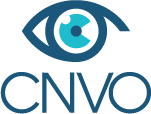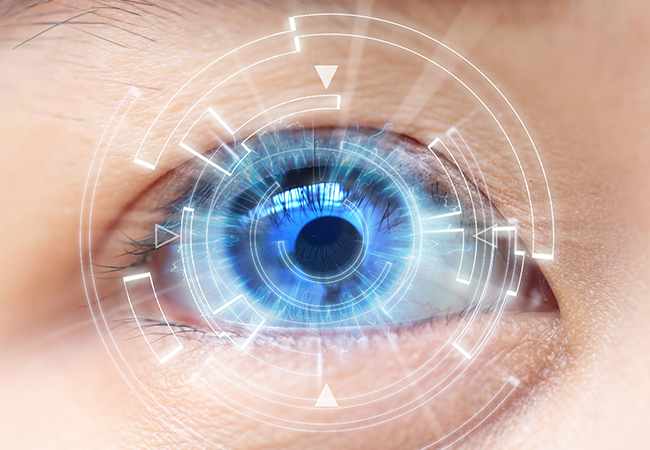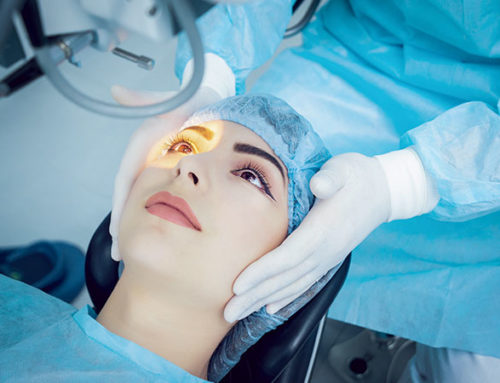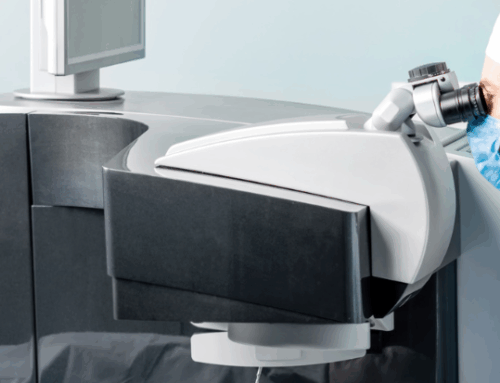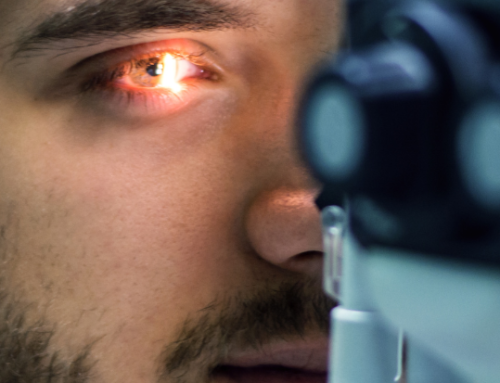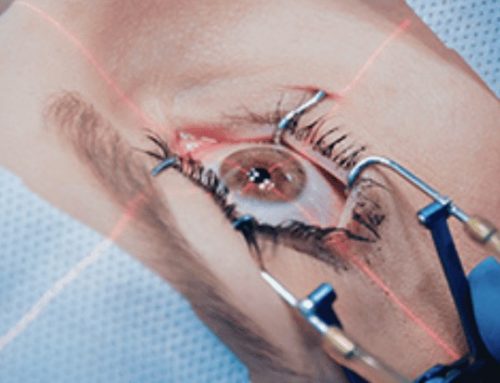The idea of no longer having to rely on glasses or contact lenses appeals to many people with visual defects. Laser eye surgery is enjoying growing interest in Switzerland, thanks in particular to the effectiveness of refractive surgery and the constant advances in the technologies used in specialized clinics. If you are considering such an operation, it is essential to understand how these techniques work, their advantages, and the price charged in Switzerland, in order to make an informed decision.
What does laser eye surgery involve?
Refractive surgery relies on various laser techniques to reshape the cornea and precisely correct disorders such as myopia, hyperopia, astigmatism and presbyopia. Thanks to the evolution of the excimer laser and other innovative methods, this type of surgery has become particularly rapid, often painless, and remarkably effective in the majority of cases.
Before any operation, during the preliminary consultation, the ophthalmologist carries out a series of in-depth examinations to personalize the protocol according to the nature of the visual defect, the type of eye and the patient's expectations. The ophthalmologist also provides information on the expected benefits and precautions to be taken, and organizes rigorous post-operative follow-up.
What are the main refractive surgery techniques?
In Switzerland, several laser vision correction methods coexist in specialized centers. There are three main techniques, each adapted to specific profiles and offering reliable results.
What does PRK cover?
PRK (refractive photokeratectomy) represents one of the first methods of laser eye surgery. It is indicated for patients with a thin cornea or particular morphological criteria. During this procedure, a thin superficial layer of the cornea is removed before the laser is applied to correct the curvature, enabling personalized correction of refraction.
While recovery may take a little longer than with other procedures, the method remains highly appreciated for its reliability, especially when LASIK is not recommended. Slight discomfort may be experienced for the first few days, but healing quickly progresses to a clear improvement in vision.
Why are LASIK and FemtoLASIK lasers so popular?
LASIK and FemtoLASIK are among the most popular procedures performed in Swiss clinics specializing in refractive surgery. These advanced technologies use different types of lasers to lift a thin corneal flap and then immediately reshape the inner surface of the cornea. Visual recovery is rapid, often within hours or days, and the procedure is renowned for its speed and virtually painless nature.
FemtoLASIK uses a femtosecond laser to increase cutting precision, reduce the risk of complications and improve patient comfort. This option is frequently proposed in cases of strong correction or when preliminary examinations reveal special needs.
Which visual defects can be corrected?
Laser eye surgery can now be used to treat most vision disorders. Whether for myopia (blurred distance vision), hyperopia (difficulty seeing up close), astigmatism (distorted vision) or even presbyopia (age-related reading difficulties), refractive surgery offers solutions to suit every profile.
In many cases, it is possible to correct several visual defects in a single operation, thereby considerably improving visual comfort. However, certain restrictions apply, depending on age, the stability of the defect or the state of ocular health. An initial consultation with an ophthalmologist will determine eligibility for these treatments.
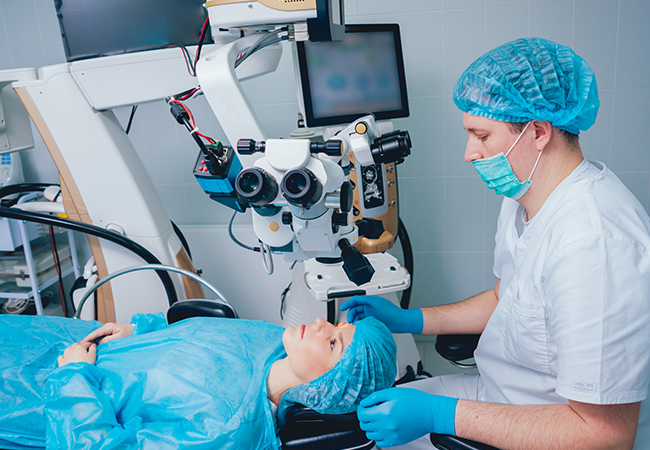
What is the treatment process like in Switzerland?
Switzerland's specialized centers and clinics offer a structured surgical pathway. From the very first consultation, patients receive detailed explanations of the indications, the procedure and post-operative follow-up. The protocols applied guarantee a high degree of transparency: the cost of refractive surgery, the medical steps involved and the follow-up schedule are clearly announced, fostering patient confidence.
After the operation, personalized support helps prevent any complications, with regular check-ups at different times. This ensures that optimal results are maintained and that patients gradually adapt to their new vision. Thanks to this support, satisfaction with the speed and painlessness of the treatment is reinforced.
Where can I find the best refractive surgery clinics in Switzerland?
Many Swiss cities are home to centers equipped with the latest laser technology, capable of performing all types of vision correction. Geneva, Lausanne, Yverdon, Zurich and Basel are all renowned for their medical expertise and access to experienced practitioners.
In addition to modern facilities, Swiss rigor ensures a high degree of health safety and attentive post-operative follow-up, two essential aspects sought after in this field. Recommendations from family and friends, as well as health professionals, are often the key to identifying a reliable clinic and starting the process with confidence.
Frequently asked questions about laser eye surgery in Switzerland
What is the recovery time after refractive surgery?
Recovery varies according to the refractive surgery technique chosen. With LASIK or FemtoLASIK, the majority of patients regain clear vision the very next day. With PRK, slight discomfort may persist for a few days, with a gradual return to normal within a week.
- LASIK/FemtoLASIK: 24 to 48 hours before resuming activities
- PRK: 5 to 7 days before noticing stable results
Are there any age limits for laser vision correction?
Refractive surgery is rarely recommended before the age of 18, as the visual defect must be stable. After the age of 55-60, a complete ocular check-up is required to rule out certain pathologies, such as cataracts. Each situation therefore requires a personalized analysis during the initial consultation.
- Under 18: not recommended
- Between 18 and 55: ideal period for stable correction
- Over 55: conditional on general eye health
What precautions should I take after laser eye surgery?
When you return home, it's important to follow certain post-operative instructions. Avoiding swimming and make-up for the first few days, wearing sunglasses outdoors and applying prescribed eye drops all contribute to a good recovery. Post-operative follow-up remains essential to anticipate possible complications.
- Keep to the medical check-up schedule
- Do not rub eyes or expose to dust
- Avoid violent sports for the first week
Is it possible to finance laser eye surgery with insurance in Switzerland?
As a general rule, laser vision correction is not covered by basic health insurance, as it is considered a "comfort" procedure. However, some supplementary insurances or private coverages agree to reimburse all or part of the cost on presentation of a justified medical file. It is advisable to check your insurance policy before booking an appointment, to find out how you will be reimbursed.
